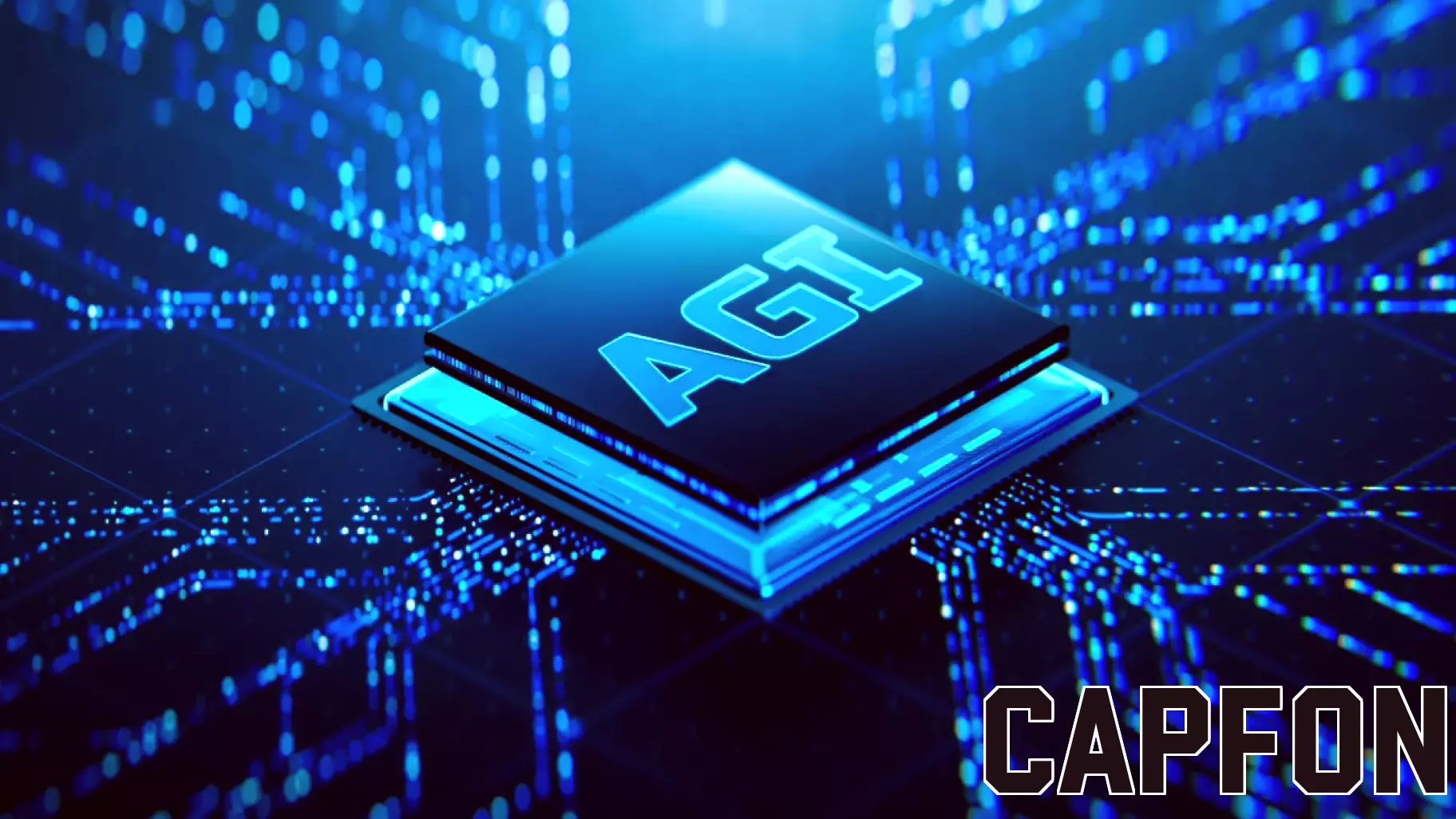Understanding Artificial General Intelligence and Its Importance for Businesses
January 14, 2025 - 03:04

Artificial general intelligence (AGI) is often regarded as the pinnacle of artificial intelligence development. Unlike narrow AI, which is designed for specific tasks, AGI refers to systems that can comprehend, learn, and implement knowledge across a wide range of activities, much like a human being. This capability has the potential to revolutionize various industries by enabling machines to perform complex tasks, adapt to new situations, and solve problems without human intervention.
The implications of AGI for businesses are profound. Companies could leverage AGI to enhance decision-making processes, streamline operations, and foster innovation. With the ability to analyze vast amounts of data and derive insights, AGI could lead to more efficient resource allocation and improved customer experiences. Furthermore, businesses that adopt AGI technologies early on may gain a competitive edge in their respective markets.
As the development of AGI progresses, organizations must consider the ethical and operational challenges that come with it. Embracing AGI could redefine the future of work, necessitating a shift in workforce skills and training. In summary, AGI is not just a technological advancement; it represents a transformative force that could reshape the business landscape in unprecedented ways.
MORE NEWS

February 27, 2026 - 05:55
Oliver Grant, a Business Architect of the Wu-Tang Clan, DiesOliver Grant, a pivotal yet low-profile business force who helped guide the Wu-Tang Clan from its earliest days, has died. His passing marks the loss of a foundational figure instrumental in...

February 26, 2026 - 00:30
Anthropic is dropping its signature safety pledge amid a heated AI raceIn a significant shift, AI company Anthropic has announced it is stepping back from a foundational safety commitment. The firm will no longer adhere to a pledge that obligated it to `pause the...

February 25, 2026 - 12:38
‘Teen takeover’ that sparked gun violence impacts Jacksonville Beach businessesA planned `teen takeover` event in Jacksonville Beach spiraled into chaos this past weekend when gunfire broke out, injuring five teenagers and sending shockwaves through the coastal community. The...

February 24, 2026 - 20:07
Spears Business assistant professor Dinkel wins research awards for legal ethics papersDr. Christopher Dinkel, an assistant professor of legal studies within Oklahoma State University`s Spears School of Business, has earned prestigious regional and international awards for his recent...